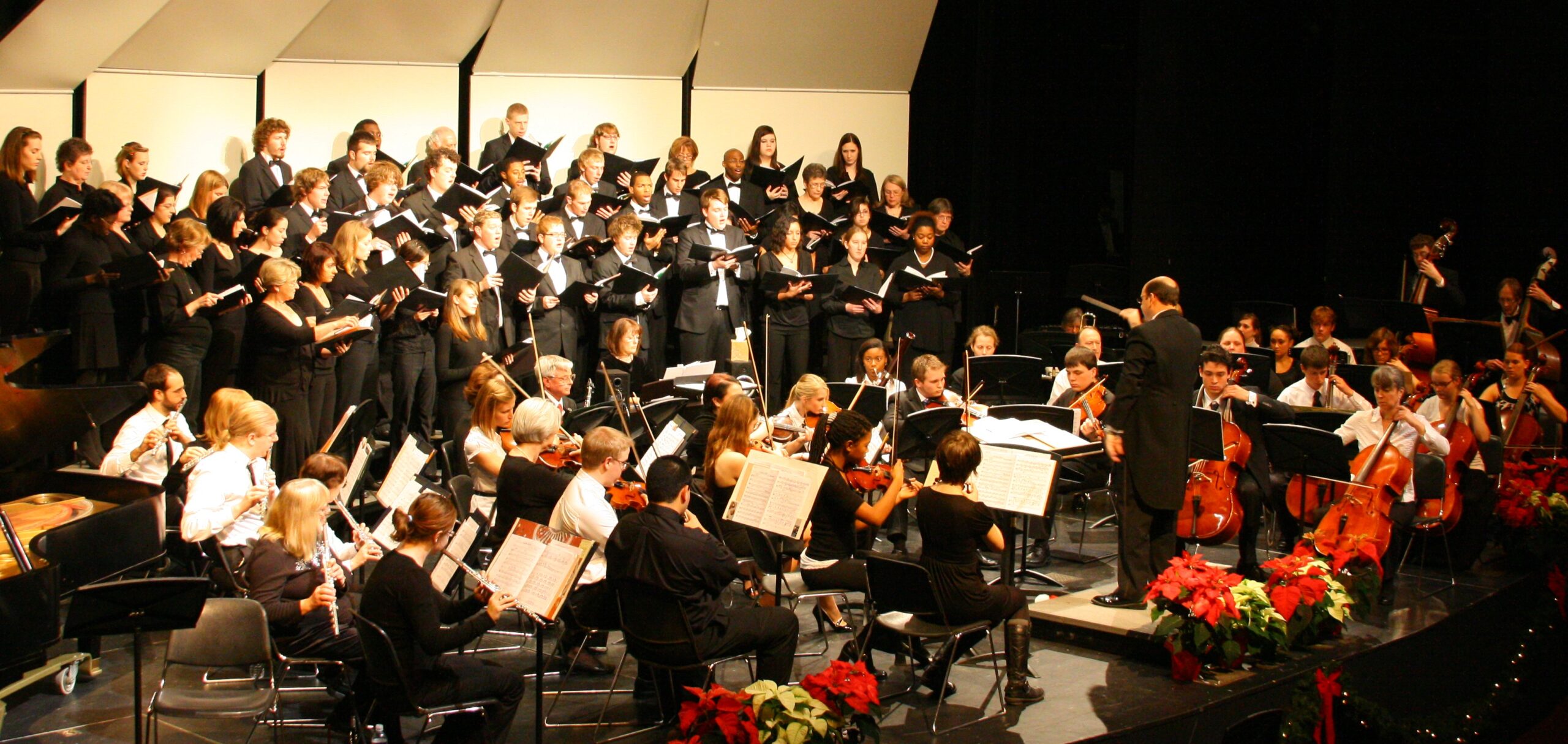Princeton Economics Professor Alan Binder visits STLCC-Meramec campus.
By: Joe Makoto
-Opinion Editor-
Princeton economics professor, economic commentator and former Federal Reserve official Alan Blinder gave a presentation at STLCC-Meramec on Feb. 8 as part of a book tour promoting “After the Music Stopped” Blinder’s new book focuses on the government response and political backlash that resulted from the 2008 financial crisis.
“[Blinder’s] got a good reputation, and I thought I would pass a few things on to my class,” Stephen Walsh of Lewis and Clark Community College said when asked why he attended.
The hour-long presentation focused on themes from Blinder’s book, including his support for stimulus spending and bank recapitalizations. Both provoked political backlash, but were necessary to prevent an even worse outcome Blinder said.
“The policy paradox is that once the crisis became acute, policy makers took bold, comprehensive and effective actions that were highly unusual. We normally don’t intervene that much in markets in the United States for good reasons,” Blinder said. “All the policy activism – coupled with the horrible economy we were stuck with – lead to a backlash against the Federal Reserve, against the [Obama] administration, against the Congress, especially the Democrats in the Congress, against Keynesian economics, and more broadly against policy activism. Against the government jumping in and trying to do something.”
At the end of the presentation audience members lined up to ask Blinder questions. One attendee asked Blinder what would happen when interest rates rose and the Federal Reserve began to run an operating loss.
“It’s a good question. It could be true that in the future the Federal Reserve starts running losses because of either capital losses as the securities go down in value as interest rates go up, and the interest rate that it itself paying out relative to the interest it’s taking on its securities turns less favorable than it is now. That could happen,” Blinder said. “In fact, I would go further than that, that almost certainly will happen at some point of the unwind from the crisis. What’s often called the exit from the extraordinary policies. Is that a problem? I don’t think so.”
Blinder’s event, coordinated with STLCC and Left Bank Books, was well attended with community members, students and faculty all present to listen to Blinders presentation.











